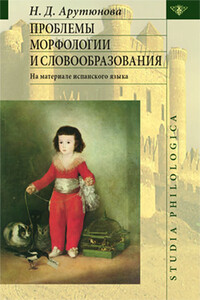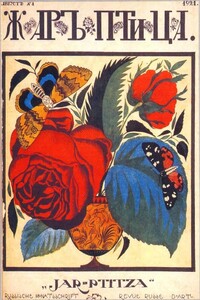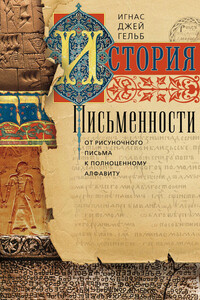Unit 2.
Fundamentals.
Section 1.
Тема: “Природаэлектричества”.
Грамматический материал: единственное и множественное число.
Basic Topical Text.
Nature of Electricity.
A: When was the first recorded observation on electricity made?
B: As much as I know it was made by the Greek philisopher Thales.
■ A: What did he state, I wonder?
B: Don’t you know? He stated that & piece of amber rubbed with fur attracted light objects such as feathers & bits of straw. Did he make any experiments?
A: No, as far as it is'known Thales liked to speculate but he did not experiment systematically. 22 centuries elapsed before there 'was any progress.
B: Oh, it was just about the time that Galileo discovered the laws of the pendulum & accelerated bodies. So it was at the time when the study of magnetism & of electrical phenomena began.
A: How was it found that some substances could be “electrified”?
B: It is a well-known fact that having been rubbed many substances behave like amber does.
A: Can only similar substances become electrified or acquire electrical charges, being touched together & then separated?
B: No. Later on it was discovered that any two dissimilar substances could be electrified. As a matter of fact rubbing is not essential. It merely forces the two substances into close contact.
A: When was the modern concern of the nature of electricity arrived at?
B: During the past century the idea of the nature of electricity was completely revolutionized.
A: Yes, I know it quite well. Hitherto, the atom ’has been regarded as the ultimate subdivision of matter. Today the atom is regarded as an electrical system.
B: Oh, now I want to examine you a little. What do you know about the nucleus, the proton & the electron?
A: I don’t mind. In the electrical system there is a nucleus containing positively charged particles. These particles are called protons. The nucleus is surrounded by lighter negatively charged units - electrons. So, the most essential constituent of matter is made up of electrically charged particles.
В; I see that you have an idea about this. But you did not tell me when matter is neutral.
A: But everybody knows that matter having equal amounts of both charges is neutral - that it produces no electrical effects.
B: & what happens if the number of negative charges is urilike the number of positive ones?
A: Well, then matter will produce electrical effects. Having lost some of its electrons, the atom has a positive charge; having an excess of electrons - it has a negative charge.
B: So, as a matter of fact you do know the material.
Задания на усвоение лексико-грамматического материала основного текста
1. Прочтите основной текст /6 мин./. Установите: а/ когда было зарегистрировано первое наблюдение над электричеством; б/ сколько веков прошло до важных наблюдений в области электричества; в/ когда пришли к современному пониманию природы электричества.
2. Прочтите текст еще раз /6 мин./. Выделите реплики, в которых.говорится о том, что: а/ греческий философ Фалес утверждает, что кусочек янтаря, потертый о мех, притягивает легкие предметы; б/ Галилео Галилей открыл законы-маятника и ускорения тел; в/ атом рассматривался как неделимая частица материи.
3. /3 мин./ Просматривая текст, обратите внимание на формы мн. числа существительных.
■Словарь к основному тексту
4. /8 мин./ Повторите вслух за преподавателем или прочтите сами с помощью словаря следующие слова и словосочетание Затем прочтите их вслух самостоятельно, обращая внимание на русские эквиваленты. Постарайтесь запомнить как можно больше слов.
to record
as much as I know
amber
feather
bit
straw
as far as it is known to speculate to elapse
it was just about the time
laws of pendulum &
accelerated bodies
phenomenon
substance
to behave
/dis/similar
to acquire
charge
to touch
later on
essential
rubbing merely forces the 2
записать,зарегистрировать
насколько я знаю
янтарь
перо
кусочек
соломинка
насколько известно'>1'
размышлять
протекать /о времени/
это было как раз в то
самое время
законы Йаятника и
ускорения тел
явление*^
вещестйб
вести себя
/не/похожий



